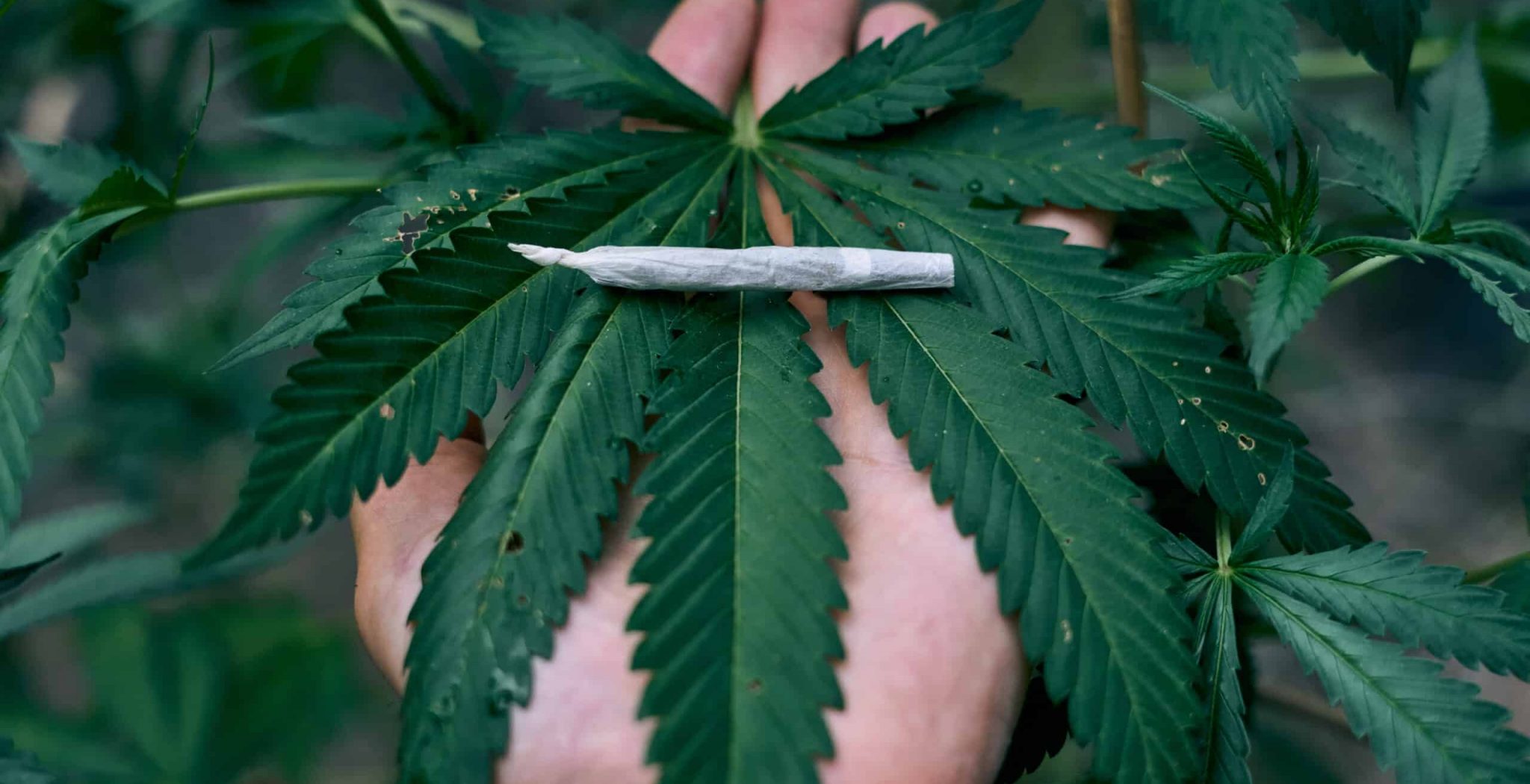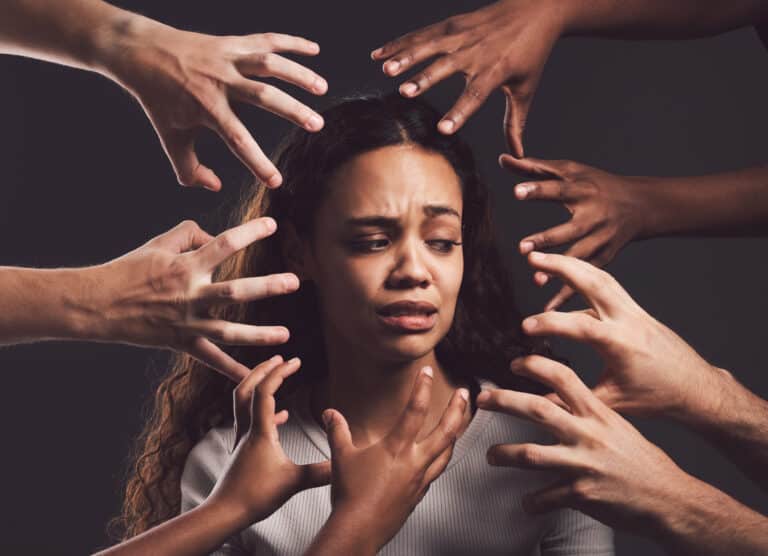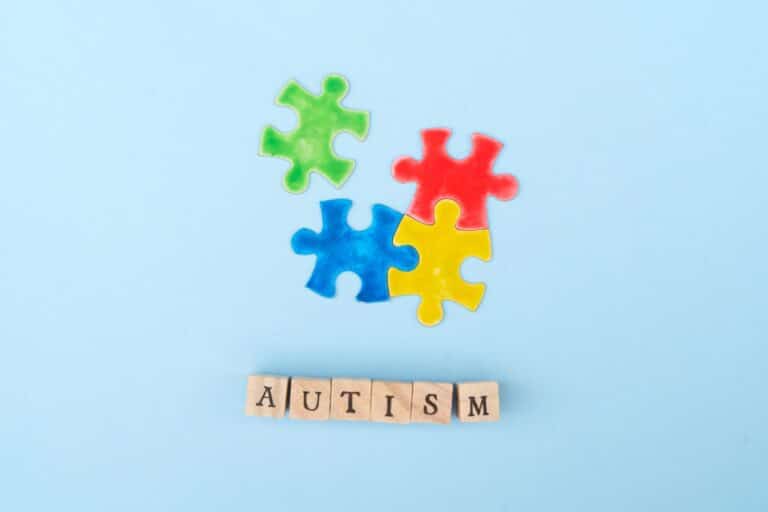While marijuana is often viewed as a relatively harmless substance, there is growing evidence that it can trigger a serious psychiatric condition known as marijuana-induced psychosis in some users. Marijuana-induced psychosis symptoms arise after consuming cannabis products and are similar to psychotic disorders like schizophrenia. As more states legalize cannabis for medical and recreational purposes, it’s crucial to understand the potential risks and warning signs associated with this condition of marijuana-induced psychosis. The risks increase for those with a personal or family history of mental illness, as well as adolescents whose brains are still developing. Recognizing the warning signs of marijuana-induced psychotic disorder early is essential for preventing long-term consequences. Educating the public on this potential side effect of marijuana use is necessary as cannabis legalization expands.
What is Marijuana-Induced Psychosis?
Marijuana-induced psychosis, also referred to as cannabis-induced psychotic disorder, is a temporary psychotic episode that can occur after consuming marijuana. This psychiatric condition causes individuals to experience scary hallucinations, delusions, paranoia, and bizarre behavior similar to psychotic disorders like schizophrenia. Individuals experiencing this condition may exhibit symptoms such as hallucinations (seeing, hearing, or feeling things that aren’t real), delusions (false, irrational beliefs), paranoia, disorganized thoughts and speech, and bizarre or erratic behavior. These marijuana-induced psychosis symptoms are highly distressing and may significantly impair a person’s ability to function normally in daily life or carry out everyday activities. The psychotic symptoms caused by marijuana-induced psychosis can be frightening for the person experiencing them as well as their loved ones. Early intervention is crucial to prevent marijuana-induced psychosis from worsening or causing long-term psychiatric effects. Being aware of the signs of cannabis-induced psychotic disorder is essential, especially in areas where marijuana has been legalized.
Who is at Risk?
While marijuana-induced psychosis is relatively rare, specific individuals may be more susceptible to experiencing it. Those at higher risk of developing cannabis-induced psychotic disorder include individuals with a personal or family history of psychotic disorders like schizophrenia, adolescents and young adults whose brains are still developing, heavy and long-term marijuana users, and individuals with underlying mental health conditions. Having risk factors doesn’t mean someone will experience marijuana-induced psychosis, but it does increase their chances significantly. Early intervention for at-risk individuals showing signs of cannabis psychosis is crucial.
It’s important to note that marijuana-induced psychosis is not the same as a permanent psychotic disorder like schizophrenia. In most cases of cannabis-induced psychotic episodes, the psychotic symptoms resolve within a week or two after stopping marijuana use. However, in some individuals, the condition can persist or recur with ongoing cannabis consumption, making professional treatment necessary. Continued heavy marijuana use increases the risk of lingering psychosis and long-term psychiatric effects. Monitoring for warning signs and avoiding cannabis are recommended for those susceptible to marijuana-induced psychosis.
The Connection Between Marijuana and Psychosis
While the exact mechanisms behind marijuana-induced psychosis are not fully understood, research suggests that certain compounds in cannabis, particularly tetrahydrocannabinol (THC), may play a role. THC is the primary psychoactive component in marijuana responsible for the “high” sensation.
When consumed, THC can affect the brain’s endocannabinoid system, which is involved in regulating various functions, including mood, perception, and cognitive processes. In some individuals, especially those with underlying vulnerabilities, THC exposure may disrupt normal brain functioning and trigger psychotic symptoms.
Additionally, studies have shown that individuals who start using marijuana at a younger age or consume high-potency cannabis products (with higher THC levels) may be at an increased risk of developing psychosis.
Recognizing the Warning Signs
If you or someone you know is using marijuana and experiencing any of the following symptoms of marijuana-induced psychosis, it’s essential to seek professional help immediately: hearing voices or seeing things that others cannot, experiencing paranoid thoughts or delusions, exhibiting disorganized speech or behavior, or struggling with severe anxiety or agitation. These are clear warning signs that marijuana use has triggered a psychotic episode requiring medical evaluation. Do not try to handle a marijuana-induced psychotic disorder alone, as the symptoms can become increasingly distressing and unpredictable. Early intervention and treatment can help prevent the condition of cannabis-induced psychosis from worsening and reduce the risk of long-term psychiatric consequences or hospitalization. Stopping marijuana use is the first step, but professional therapy, counseling, and medications may also be needed to manage the psychosis. Ignoring psychotic symptoms increases the chances they will persist, so seek help promptly if marijuana-induced psychosis is suspected.
Treatment and Recovery
If you or a loved one is experiencing marijuana-induced psychosis, the first step is to stop using cannabis immediately. This may be easier said than done, as marijuana use can be addictive, and withdrawal symptoms can occur. Attempting to quit marijuana cold turkey while experiencing psychosis can be extremely difficult and unsettling without professional support. Seeking treatment at a qualified facility like Southern California Sunrise Recovery Center is highly recommended.
Southern California Sunrise Recovery Center in Orange County, California, offers comprehensive addiction treatment programs for individuals struggling with substance abuse, including marijuana addiction. Our experienced team of professionals provides evidence-based therapies, counseling, and support to help individuals overcome their dependence on drugs or alcohol and manage any co-occurring mental health conditions like marijuana-induced psychotic disorder.
In addition to addressing the underlying substance use disorder, treatment for marijuana-induced psychosis may involve antipsychotic medications (to manage psychotic symptoms), cognitive-behavioral therapy (CBT) to address distorted thinking patterns, family therapy, support groups, and ongoing monitoring and aftercare services. A comprehensive, integrated approach is necessary to recover from cannabis-induced psychosis fully. Recovery from marijuana-induced psychosis is possible, but it often requires a combination of professional treatment, lifestyle changes, and a strong support system.
Prevention and Responsible Use
While the risk of marijuana-induced psychosis is relatively low for most individuals, it’s essential to be aware of the potential dangers associated with cannabis use, especially for those with pre-existing mental health conditions or a family history of psychotic disorders like schizophrenia. Even if you don’t have risk factors, consuming high doses of THC or using potent marijuana concentrates increases the likelihood of experiencing psychotic side effects. Being educated about marijuana-induced psychosis is important so you can recognize the warning signs early.
If you choose to use marijuana, it’s recommended to start with low doses and monitor your reaction carefully, avoid high-potency strains or concentrates, be mindful of your personal and family mental health history, and seek professional help immediately if you experience any concerning symptoms of psychosis. Using marijuana responsibly and in moderation may reduce but does not eliminate the risk of cannabis-induced psychotic disorder. Adolescents and young adults should be especially cautious due to their increased vulnerability.
Additionally, it’s crucial to prioritize your overall well-being by maintaining a healthy lifestyle, managing stress, and seeking support from loved ones or mental health professionals when needed. A balanced lifestyle promotes resilience against mental health issues like psychosis. If you have a family history of psychotic disorders, it’s best to avoid marijuana use altogether to prevent potentially triggering an episode of marijuana-induced psychosis. Being informed about psychosis as a marijuana side effect can help ensure safe, responsible use.
Talk To A Professional Today
At Southern California Sunrise Recovery Center, we understand the complexities of substance use disorders and co-occurring mental health conditions like marijuana-induced psychosis. Our compassionate team is dedicated to providing comprehensive, individualized care to help individuals achieve lasting recovery and improve their overall quality of life. We utilize evidence-based therapies and support services to treat the root causes of addiction and any co-occurring psychosis or mental illness.
If you or a loved one is struggling with marijuana addiction or experiencing symptoms of marijuana-induced psychotic disorder, don’t hesitate to reach out for help. Early intervention can make a significant difference in preventing long-term psychiatric consequences and promoting a successful recovery journey. Contact us today or call us at (855) 878-9117 to speak with an admissions counselor about our marijuana addiction and psychosis treatment programs. Or, visit our website at www.sunriserecoveryoc.com to learn more and start your path to healing.






